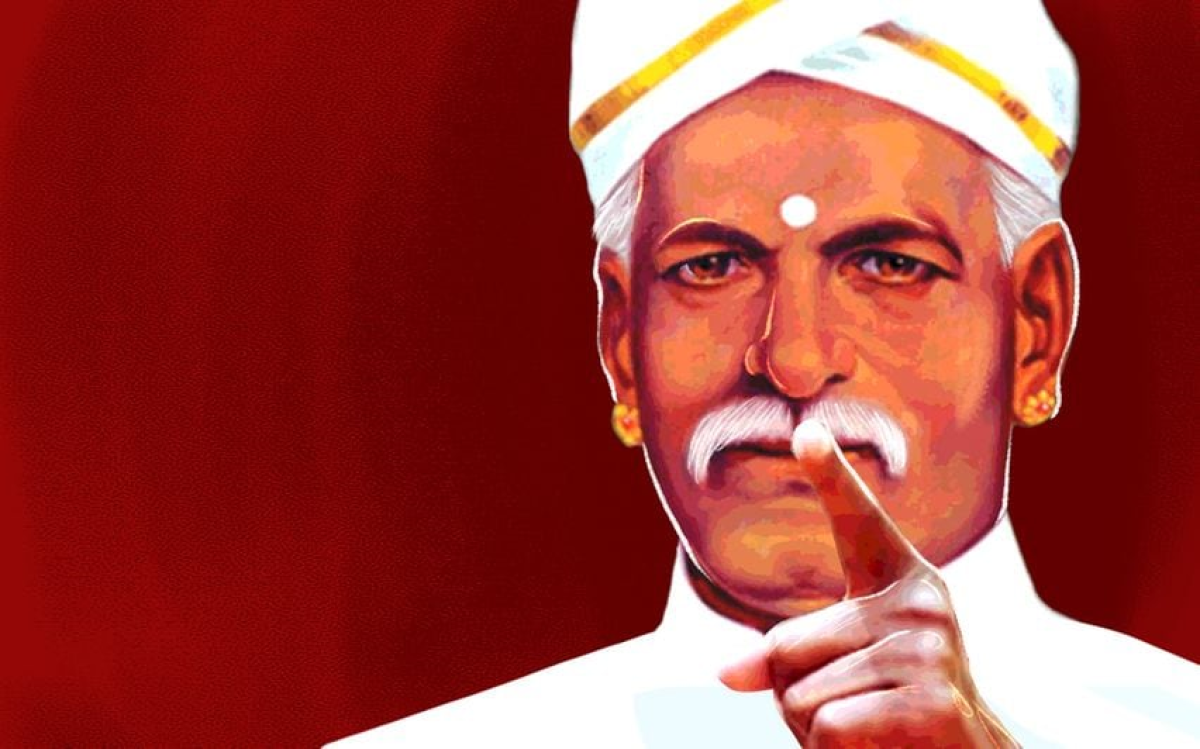AyyanKali was born on August 28th 1963 in a small village in the princely state of Travancore, now in the south of the modern-day state of Kerala. He was born into the Pulayar, the lowest social class in the caste system.
Growing up illiterate and seeing that many Pulayars were effectively rural slaves, he resolved to do what he could to remove limitations of the caste system. Ayyankali became a noted protestor for Pulayar rights gaining rights for the community by highlighting the injustices of the caste system.
Ayyankali sought to improve access to education, and as a result of the protests led by Ayyankali, in 1907 a decree was issued to admit students from the untouchable community to government schools. When a school was burned down because a Puluyar girl had tried to enrol, Ayyankali organised a strike by the agricultural workers in the region.
As well as addressing the lower levels of education level, he pushed for jobs for Dalits in government departments such as public works, police and excise. His aim was to provide better living amenities and dignity to the Dalits. Ayyankali worked tirelessly to make the Dalits a part of modern and civilized society.
For his work as a social reformer, Ayyankali has become a symbol of the dignity of the Dalits of Kerala. Dalits, also known as “Untouchables”, are members of the lowest social group in the Hindu caste system.
Ayankali died on June 18th 1941.
On Ayyankali Jyanati, officials and members of his family gather to pay their respects at his statue in White Temple Square, Thiruvananthapuram.
